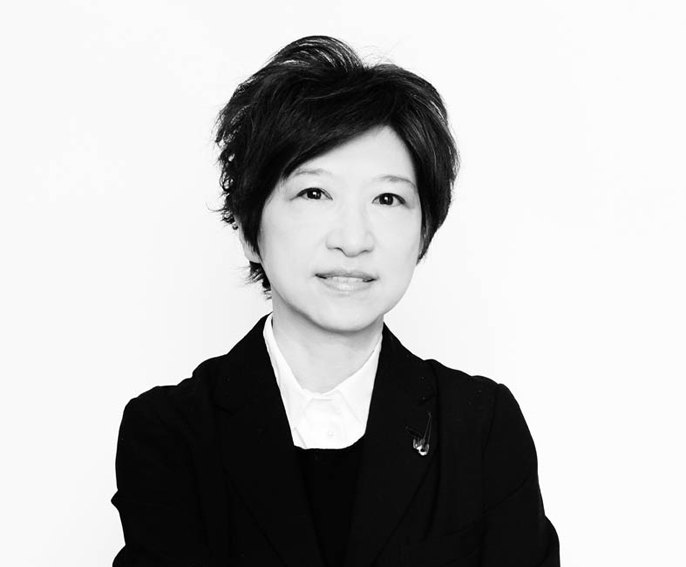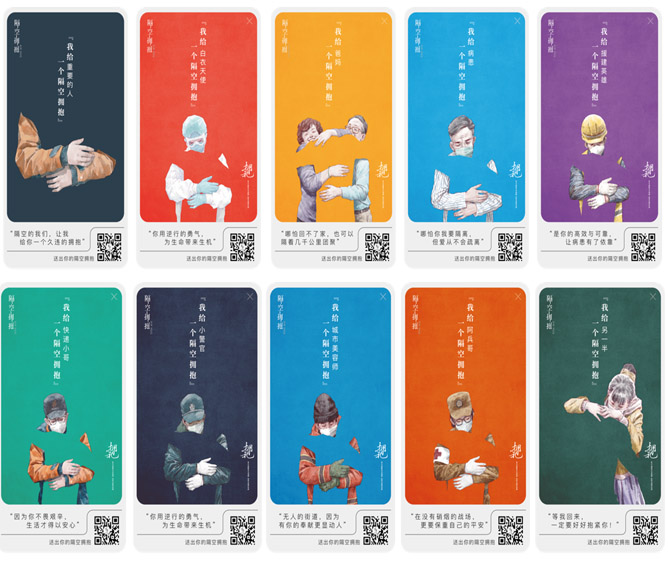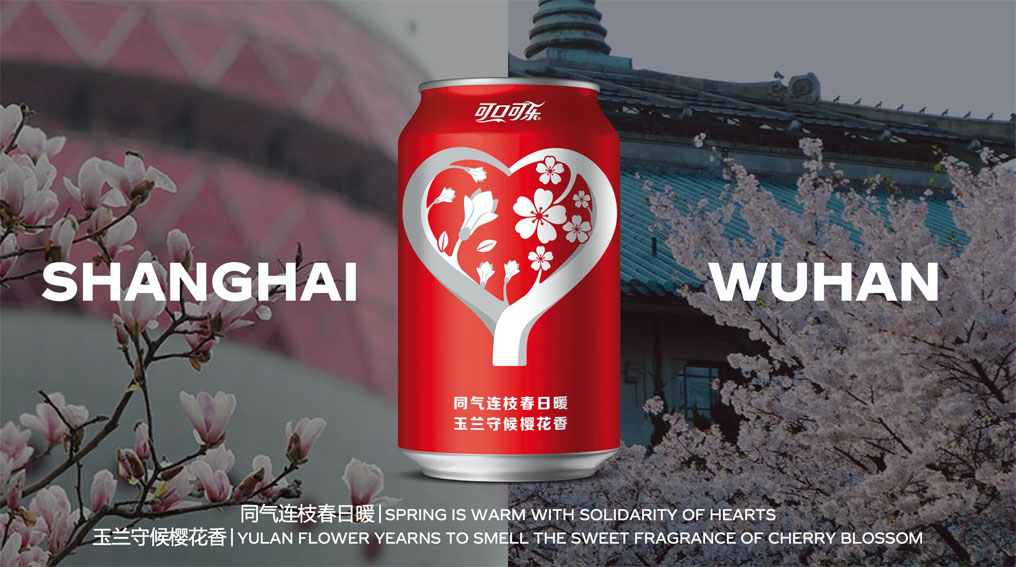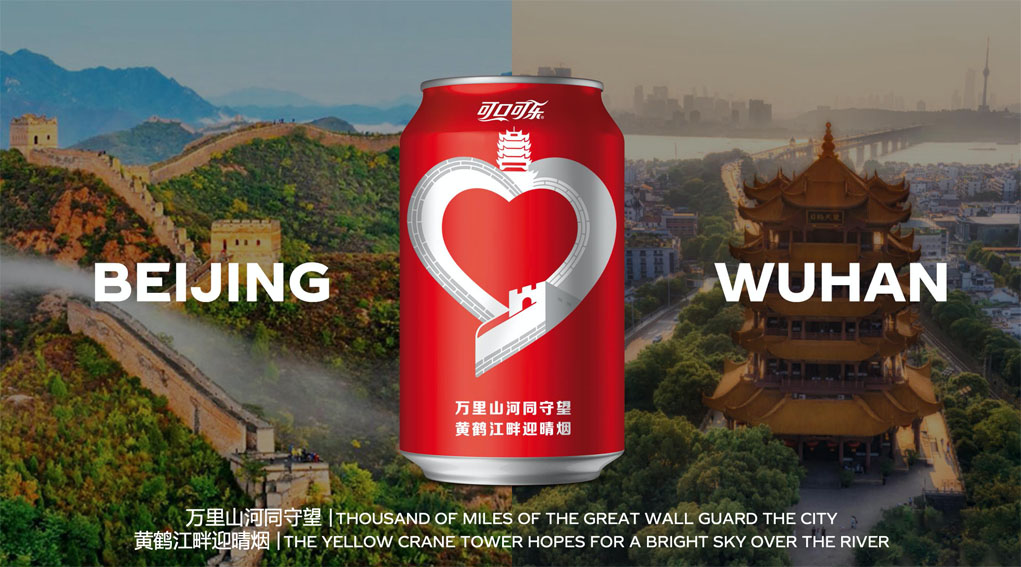Ad Stars Jury Interview: McCann China’s Sheena Jeng on her amazing journey

In 2018, Sheena Jeng ended an epic 19-year stint with Publicis China to join McCann Worldgroup in Shanghai as Chief Creative Officer. This year, she joins the Final Jury at AD STARS 2020 – the deadline for entries is 10th July.
When Sheen Jeng joined McCann two years ago, she brought more than 20 years of Greater China experience with her.
Jeng has worked at agencies including Ogilvy Taiwan, D’Arcy, Publicis and DDB Group Greater China. With awards from Cannes, D&AD, One Show, AD STARS, Clio and many more, she has been named ‘China’s Top Female Advertising Professional’ and ‘Taiwan’s Best Advertising Professional’.
You joined McCann China in 2018. Why did you decide it was time for a new challenge after 19 years with Publicis?
It has been an amazing journey. Publicis was becoming more oriented towards digital data-driven solutions. I know advertising has to go through its own digital transformation, but I still believe you need creativity to drive brand preference and let consumers take action. McCann China invited me to join with the vision from Rob Riley [Global Creative Chairman, McCann Worldgroup]: “Creativity is the only way to survive”. It encouraged me to take up the challenge to run the creative force at McCann China, I was very excited.
McCann is like a submarine in China – they are big, strong, solid, but they are very low profile. I have to say, some of the most award-winning work in China is created for small brands and small projects, whereas McCann China has a portfolio of big clients: L’Oréal, Coca-Cola, Chevrolet, Cadillac, Maybelline, IKEA, etc. We have a good opportunity to produce award-winning, imaginative work and push creativity to the limit for major brands. We’re not there yet, but there is a lot of support and openness from our leadership team.
Were there any inspiring projects taking place in China, or within McCann China, to help with COVID-19?
China was the first to face this crisis, and back in February there was a lot of panic. There was nowhere to buy face masks, and because of technology we were always watching what was happening. We thought: “Why don’t we do something to help, and hopefully people could feel less anxious?” So our team worked with a young musician, Nemo Lin, writing a song called ‘Air Hug’. We worked with music studio, MUSDM and many young vocal artist cross Shanghai, Taipei and LA to make it happen. We invited agencies from Greater China to get involved, and collaborated with the McCann Craft team and advocated that people could send a virtual hug on social platforms. The song was very charming, I think a lot of people loved it.

Some of our clients also wanted to do something positive. We launched social posters for IKEA showing how to work at home, and the inclusion of IKEA products was very subtle. We worked with Coca-Cola to launch “All hearts as one Love Wuhan”, which raised awareness of the people who are brave enough to risk sacrificing their life to stop the contagion.


China is now getting back on its feet after the coronavirus crisis. What is life like in Shanghai right now?
People are really worried about the economy, and they are still keeping their distance from retail spaces and restaurants, so these sectors are still being held back. There has been a rise in cosmetics expenditure, and the small car and luxury automotive categories are gradually bouncing back, so there is a little happiness on the horizon.
What have you learned from the experience?
In virtual meetings, everyone has to take their turn talking and concentrate on what everyone else is saying – I think the intimacy of our meetings actually increased. Far away while so close, I felt it was an opportunity to get closer to younger generations who are less likely to speak up in face-to-face meetings. It also meant our team had to really think about the clarity of their ideas so other people could understand them without relying on visual references like we usually do when pitching ideas in person. McCann China has been getting back to the office gradually since mid-March, but we are more flexible in how we work now.
You were born in Taipei. What is the creative landscape like there?
Many people probably don’t know much about Taiwanese films, but some of our directors have achieved amazing things. The storytelling is quite good, and the style is very simple and honest compared to Hollywood films. I think this has influenced my own approach to storytelling. I am always asking, ‘How can we make these characters more real? How can we reveal their true feelings?’
Do you have a creative process?
The stories I have from my childhood bring me a lot of energy whenever I feel a bottleneck. My parents moved from China to Taiwan, and we lived in an army village with families from 22 different provinces in China. In that village, everyone opened their door to other families. The mums were amazing: they could make coats from curtains, there were always spare chopsticks for other people’s kids. To me, all of this is creativity. Creativity simply means solving a problem to make things better.
As for my own process, it is just like cooking. We are always mixing different ingredients, but every dish has to be different. When you work with international clients, sometimes they want you to follow a formula but with a twist – that’s always the challenge, but challenge is good.
What is the work you’re most proud of making?
The answer changes at different stages of my career, but right now, it’s a manifesto film we created for Buick. Eighty-five per cent of all Buicks are sold in China, so this gave us the opportunity to say something about Chinese culture. China doesn’t have a driving culture in the same way as western markets – people don’t buy cars for the journey, but more to show off. You see a lot of luxury cars on the highway, but they don’t follow the rules.
So when Buick launched the LeCross luxury model, we created a campaign ‘The New Gentleman’s Way’. In Chinese, gentleman means ‘Son of the King’. We wanted to show luxury car drivers that they also need to behave and be humble because that is our culture: the most prestigious people should also be the most humble. The campaign didn’t win internationally, but it won all the big Chinese awards. In my mind, this was the perfect opportunity to say something about the Chinese culture of being a gentleman.
Do you have any other favourite campaigns from McCann China?
We launched ‘Everyone is an Amazing Book’ for Amazon on World Reading Day. Amazon isn’t well known for online book shopping in China, so there was a big awareness gap to fill. Also, Chinese people aren’t big readers, so we needed to position Amazon as a platform to help you find books that fit your needs. Our idea was to show that by reading a book, you can understand who you are. By taking a psychological test, you would then be matched with a novel featuring a character who shares your personality. It was a small campaign, but its impact was huge. It was one of the two top campaigns on WeChat for social reactions.
You’ve been part of China’s advertising landscape for 20 years. How has the industry changed since your first role in China?
There have been revolutionary changes to China’s social media platforms with the rise of Tencent Wechat, TikTok , BiliBili , Xiaohongshu, etc. If you are not living here, you’ve probably never heard of all these. As advertising creatives, we have had to learn fast and be agile on client creative solutions. Our media channels are so complicated. Platforms like Alibaba and WeChat all have their own ecosystems where brands can send messages that immediately convert into transactions. This puts pressure on agencies to explain why brand building is still necessary to drive transactions. Having a strong brand idea is still so important, but some clients may not have the patience for it, especially in the COVID era. We are seeing a lot more promotional ideas, KOL stream line broadcasting and a lot more pressure to demonstrate conversion rates.
You are joining AD STARS as a Final Judge this year. What are you most looking forward to?
I really appreciate that AD STARS originates in Asia but now has a name in the Western world. It means judges from East and West can get to know each other, which is important. Often when I judge awards shows, I am the only person from Asia on the jury, which means our voice is in the minority. We have our own humour and ways in Asia, so I think it is important that the AD STARS jury reflects many different cultures.
Sheena Jeng will judge the Diverse Insights, Outdoor, PSA, Place Brand, Radio & Audio categories at AD STARS 2020. Entries to this year’s awards close on 10th July. AD STARS is free to enter via www.adstars.org
